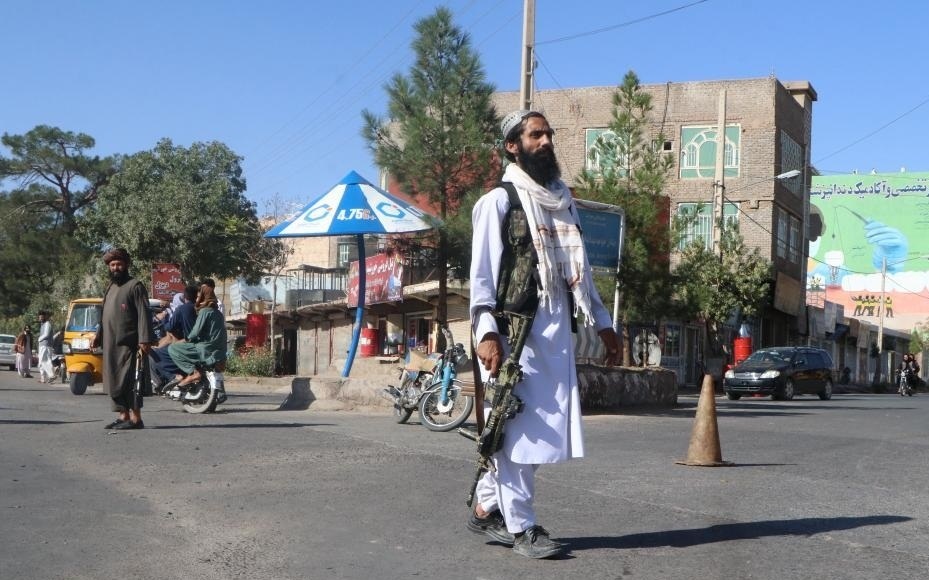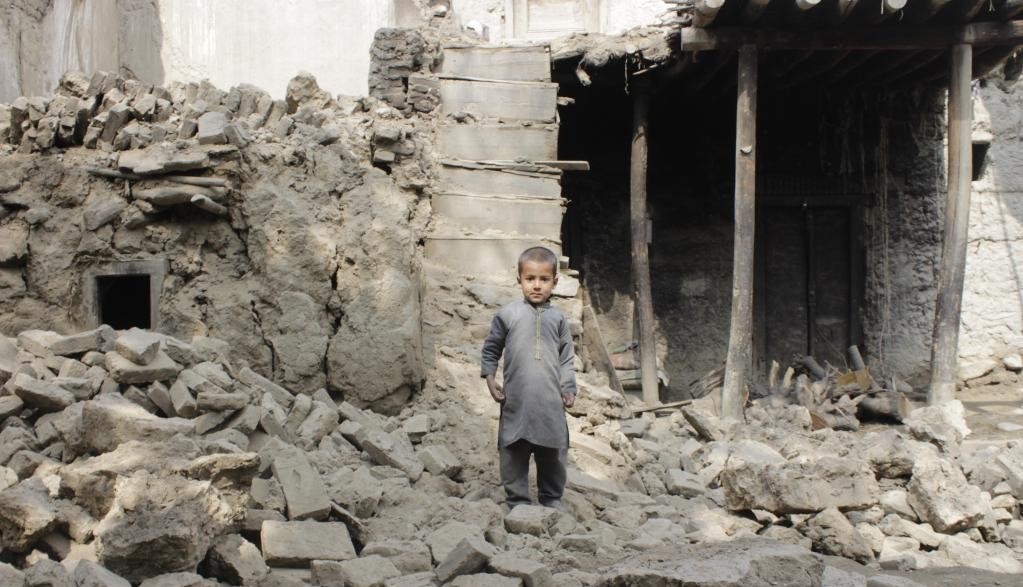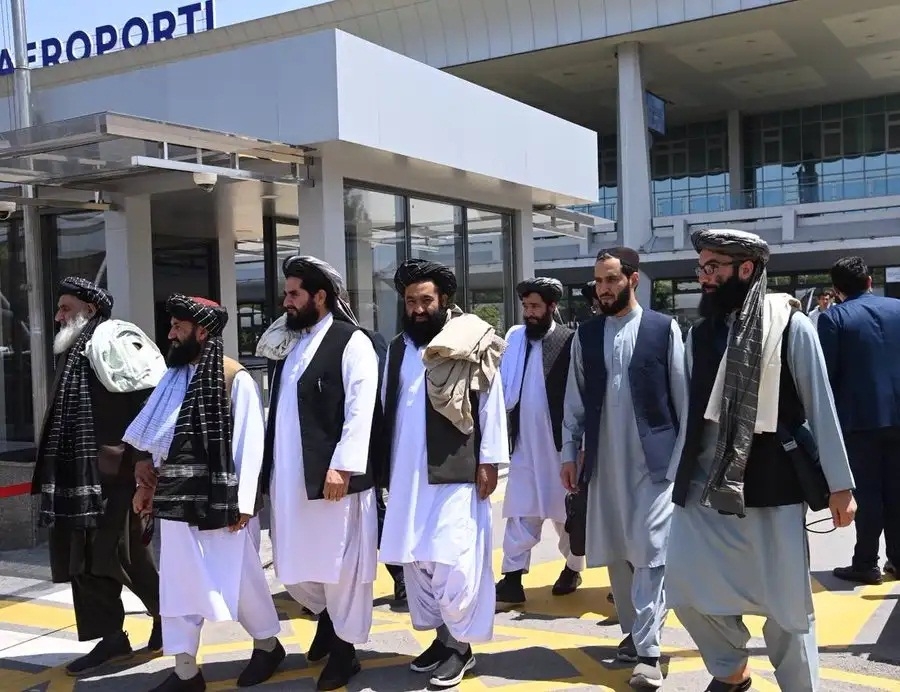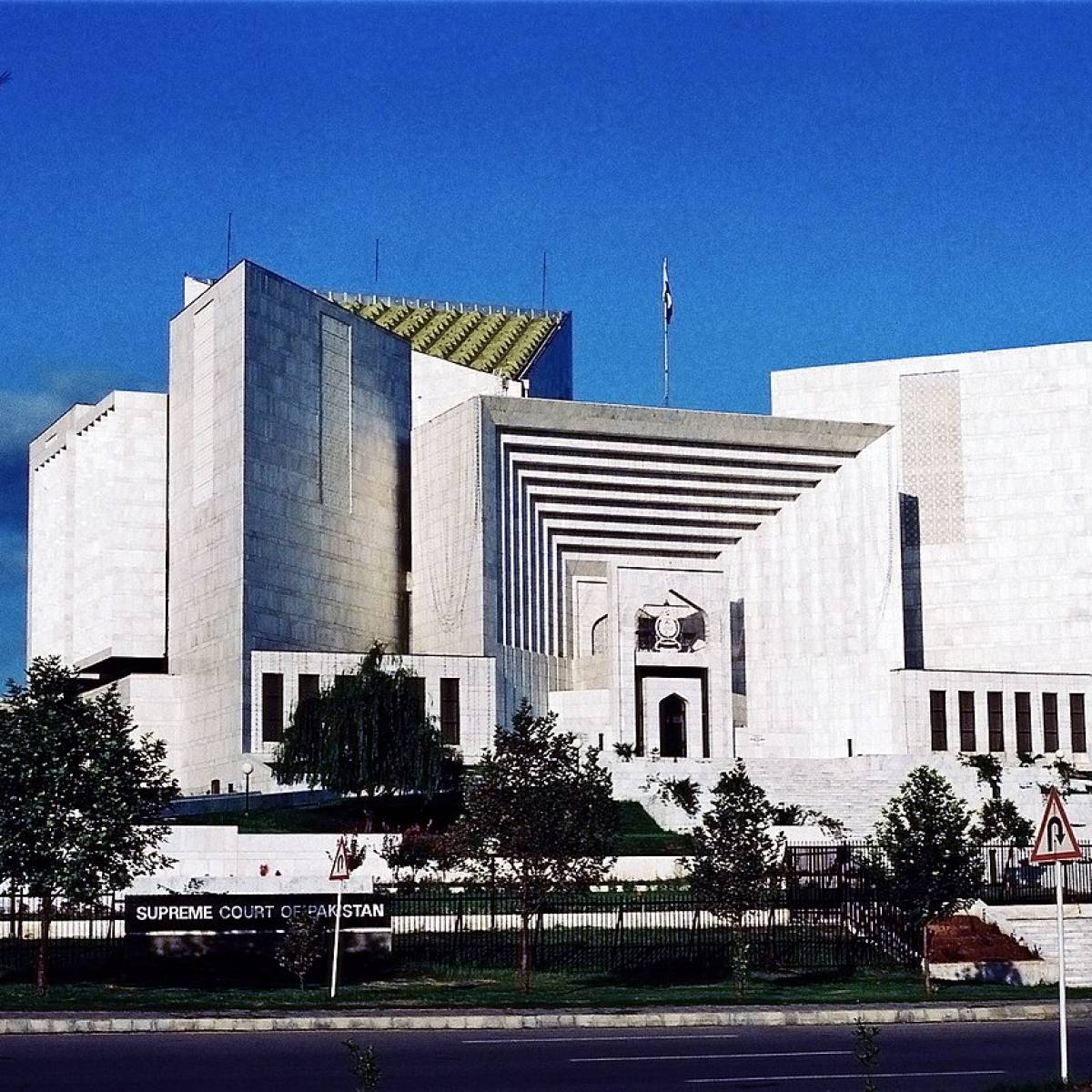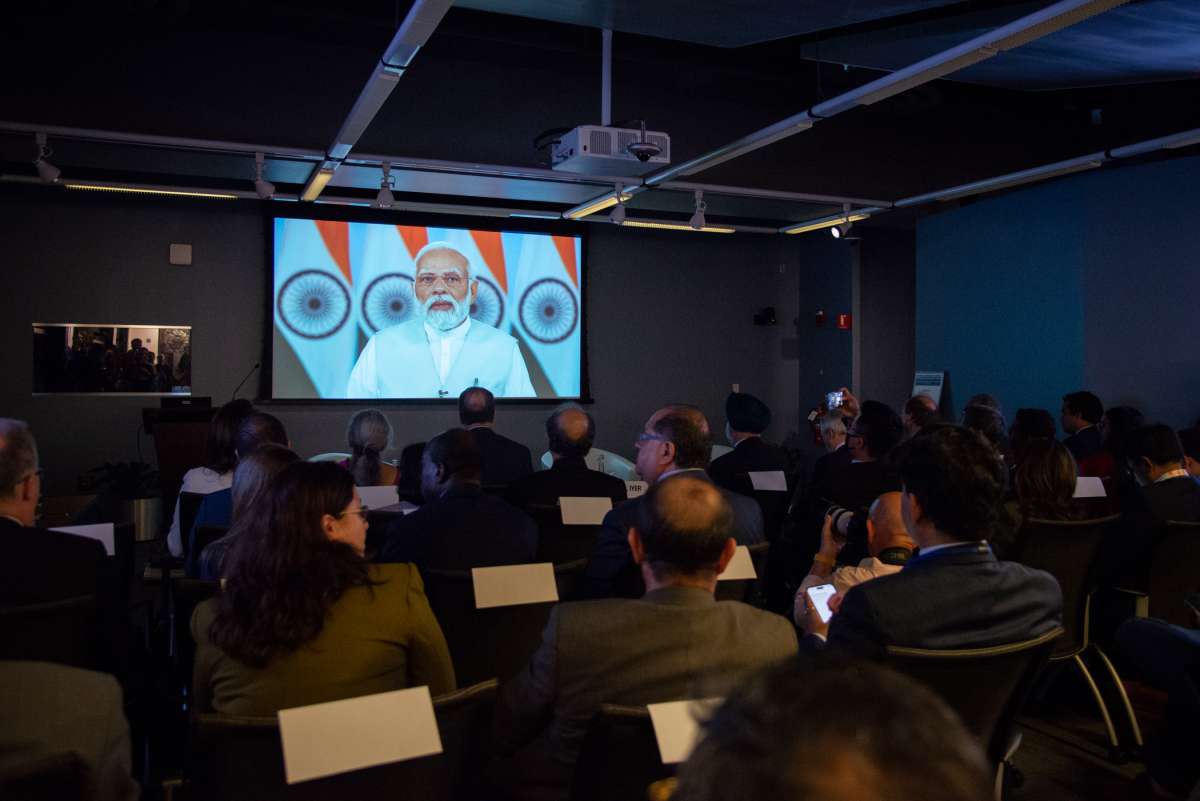In the years before the Taliban retook power in August 2021, Hazratha Market was the centre of video gaming in Herat.
The Taliban-led Afghan government has banned video games, foreign films and music in the western city of Herat, branding them as un-Islamic, the media reported.
The ban imposed by the Ministry for the Promotion of Virtue and Prevention of Vice, which came without warning, has forced more than 400 businesses in Herat to close, RFE/RL reported.
It followed crackdowns on other forms of leisure and entertainment that clash with the Taliban’s extremist interpretation of Islamic Shari’a law.
Earlier this month, also in Herat, the Taliban closed restaurant gardens for women and families.
In October 2022, the group shut cafes offering hookahs — the smoking of which is a popular pastime among Afghan men — across the country.
Earlier in May, the Taliban banned men and women from eating together in Herat’s restaurants and shut down women-owned and women-run restaurants in the city, RFE/RL reported.
The hard-line Islamist group has aggressively re-imposed draconian restrictions on how Afghans can appear in public and how men and women interact, reminiscent of its brutal reign through the late 1990s before it was displaced by a US-led military invasion and a UN-backed government for two decades.
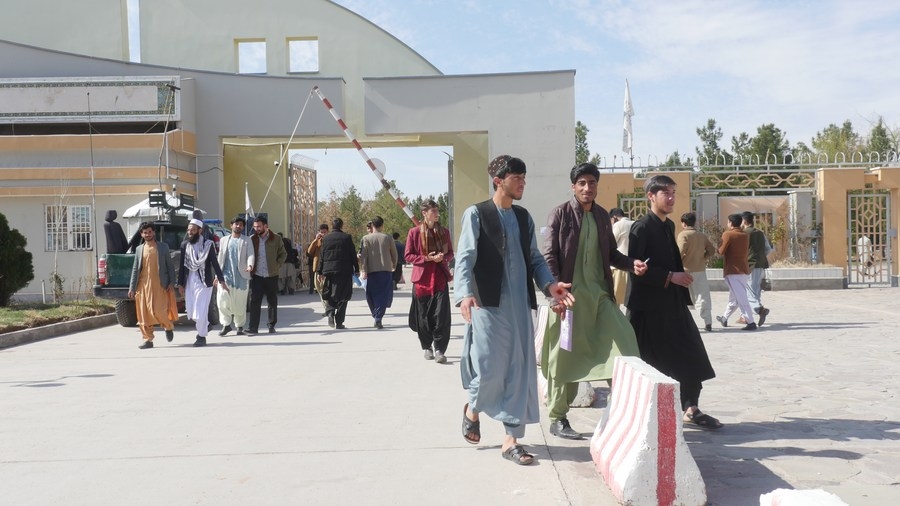
The impact of Taliban restrictions on businesses is conspicuous in Herat, an ancient centre of cultural and intellectual life in the Muslim world that lies at a strategic crossroads leading to Iran and Turkmenistan.
In the years before the Taliban retook power in August 2021, Hazratha Market was the centre of video gaming in Herat.
Scores of shops lining narrow corridors also sold foreign films and TV serials on DVD. They offered Indian, Iranian, and Western music on CDs and cassettes, RFE/RL reported.
But the once-teeming market that echoed with Afghan and Iranian music has now fallen silent and almost all its shops are closed.
The officials of the Taliban’s morality police in Herat are adamant that closing game arcades and movie and music shops was the right thing to do.
Mawlawi Azizurrahman Mohajir, the provincial head of the Ministry for the Promotion of Virtue and Prevention of Vice, said the authorities closed the gaming parlours after many families complained that their children were wasting time there.
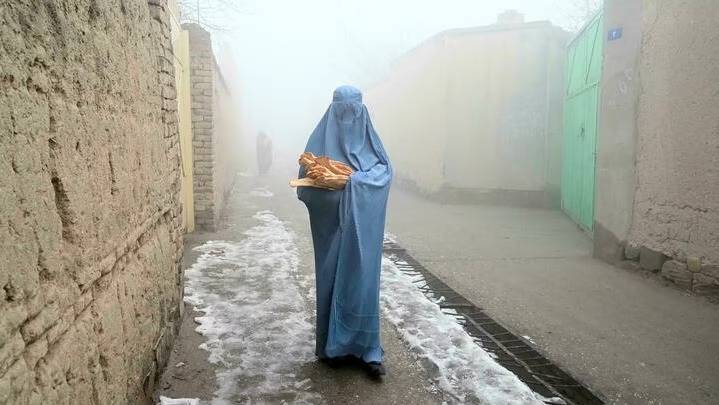
“These shops were selling films that depicted and promoted Indian and Western values and culture, which are very different from Afghan culture and traditions,” he told Radio Azadi.
Mohajir, too, repeated the familiar Taliban argument that it considers such everyday leisure activities un-Islamic.
“The films they were selling did not have women in hijab, which is against Sharia,” he said, referring to the strict interpretation of the Islamic dress code that the Taliban insists be followed in Afghanistan.
“This is why the sale of such films is prohibited.”


